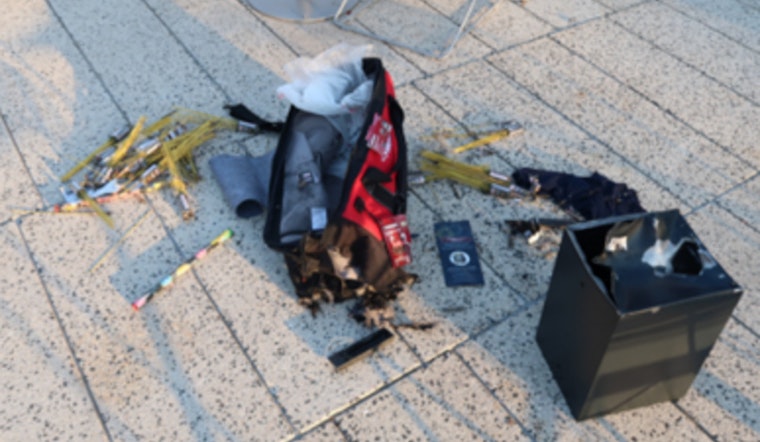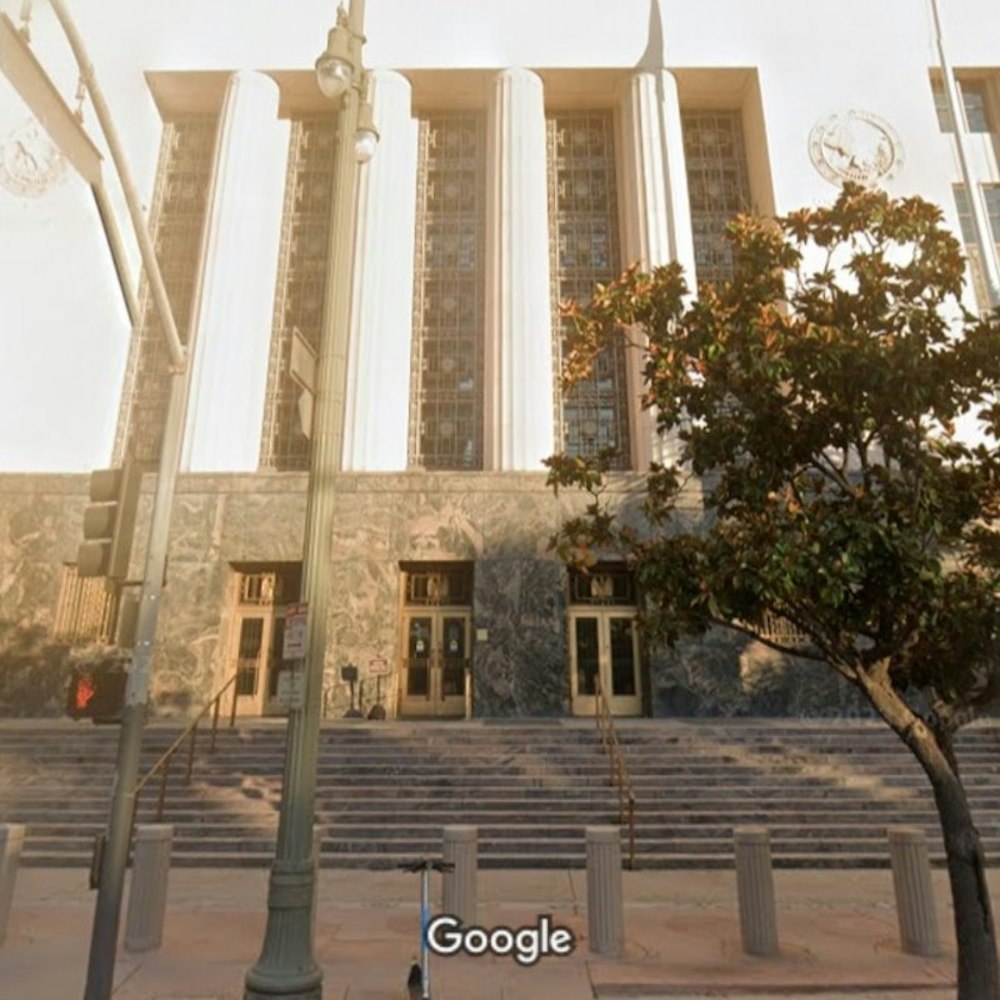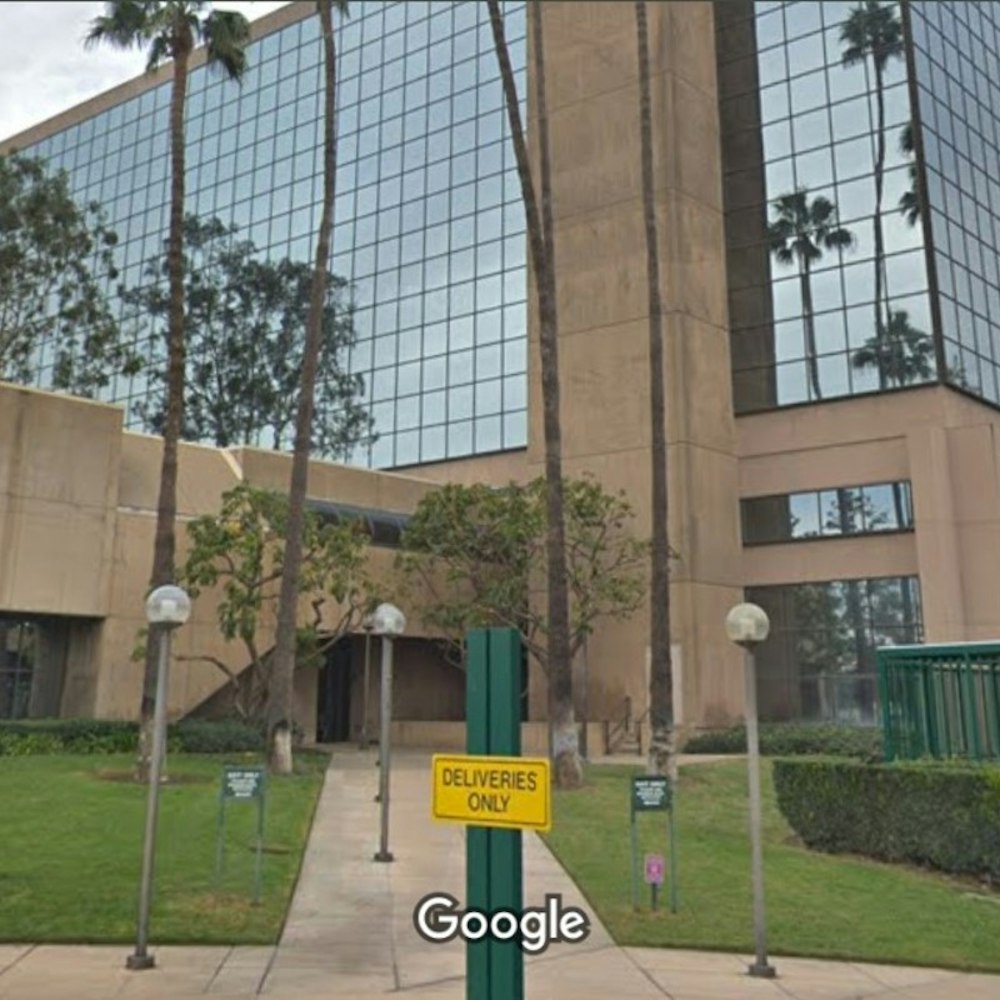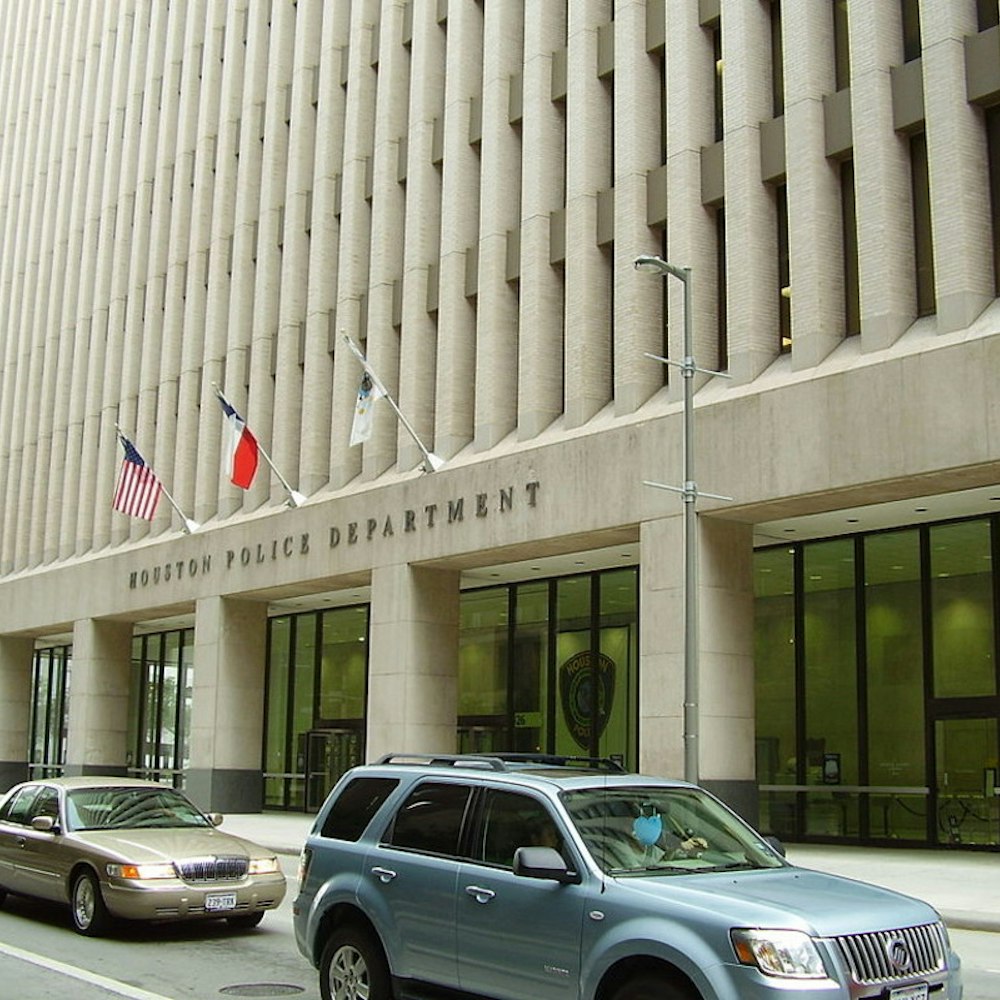
A New Hampshire man's bomb threat extortion racket against Harvard University, demanding Bitcoin payments to stave off detonations, ends with no explosions but a fizzled-out sentence—three years of probation for the culprit. According to the U.S. Attorney's Office, 55-year-old William A. Giordani from Manchester, N.H., learned his fate in a Boston federal courtroom, convicted for his role in the harrowing April 13, 2023, hoax that cleared out Harvard's hallowed grounds.
The bogus bomb drama unfolded when Giordani parked a large tool bag rigged with a faux explosive device at Harvard's Science Center Plaza. His anonymous accomplice then called the Harvard University Police Department, his voice digitally cloaked, demanding an unspecific amount of cryptocurrency under the threat of setting off the supposed bombs. "They could find the first bomb in the Science Center Plaza," the mysterious caller asserted, embroiling the campus in an afternoon of terror, as reported by the U.S. Attorney's Office.
Swift action by authorities, including the evacuation of students and faculty and a bomb squad intervention, thankfully uncovered no real danger. The scary prop, tucked beside a bench at the plaza's core, contained fireworks and wires—the ingredients of a sham engineered to instill fear, not harm. This phony spectacle, courtesy of Giordani, prompted no small amount of alarm, but thankfully, no detonations nor injuries.
The investigation revealed a badly written crime story. Giordani got involved through a Craigslist ad, but when he realized what was happening, he avoided reporting it to the authorities. Instead, he deleted his messages, told his girlfriend to stay quiet, and disappeared when the law got involved.
Giordani's part in the extortion story ends with probation, but the tale highlights the dangers of online anonymity, recruitment, and fear on the internet. Judge Angel Kelley's decision closes the legal chapter, but the story will remain as a warning, especially at Harvard.









